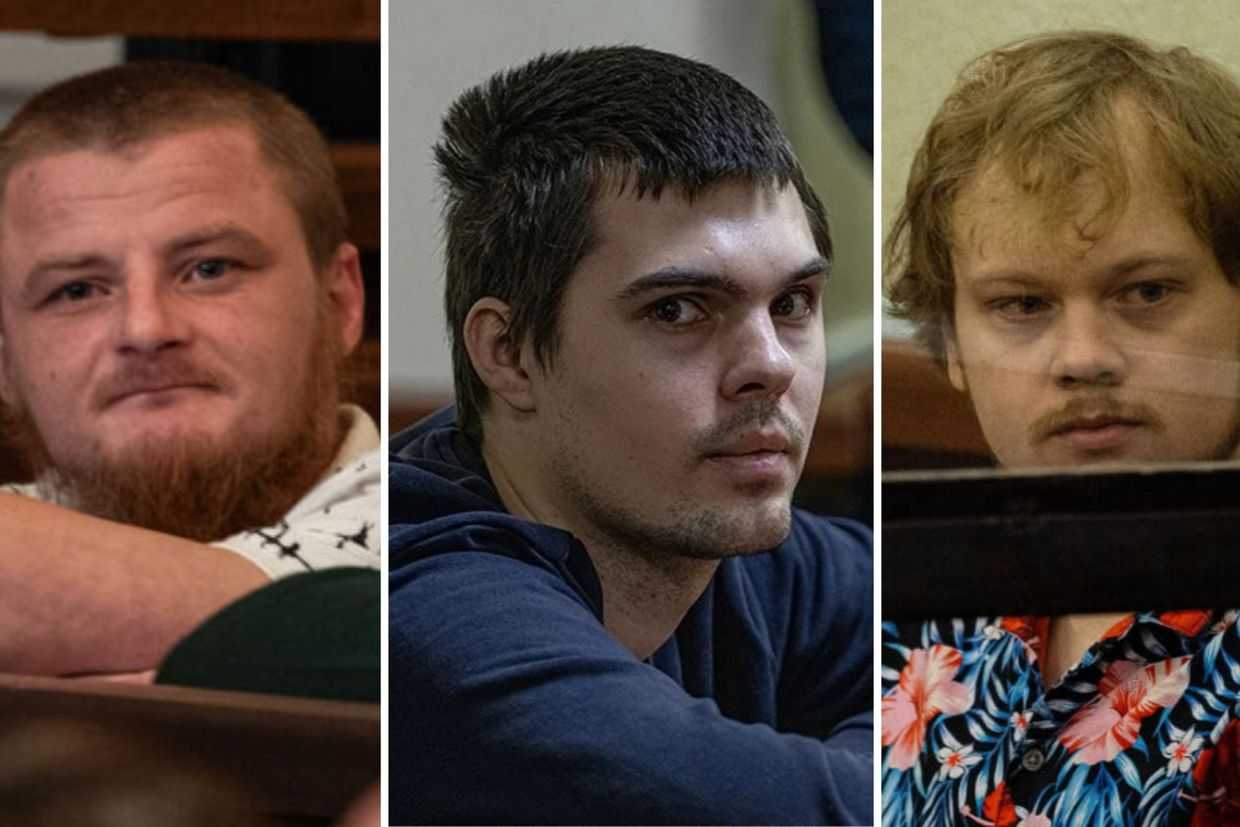
On Saturday, following an onslaught of criticism, Shame Movement, a liberal group critical of the government, reversed its decision to register as a foreign agent in the new state database.
The organisation released a nine-minute video on Friday, in which several of its members spoke about why they decided to register as foreign agents. The video was later removed after harsh criticism.
In the video, Shame Movement members claimed that the fines imposed on foreign agents for disobeying the law would cause the organisation to have to declare bankruptcy, and they wouldn’t be able to continue their activities, stating that this is exactly what the government wants.
Giorgi Mzhavanadze, the executive director of Shame Movement at the time, claimed in the video that since the status of ‘agent’ is not provided for in the new version of the law, it was his understanding that registration does not determine if the organisation will receive the status of ‘foreign agent’.
‘It again depends on the propaganda of the government, [for which] everyone, regardless of whether they go through the registration […] or refuse it, is considered a [foreign] agent by the government, and will continue to be so’, he said.
According to the foreign agent law, organisations that receive more than 20% of their funding from foreign donors must register in the database by 2 September. If the organisations do not self-register by this date, the state will do so on their behalf. In addition, such organisations will be fined ₾25,000 ($9,300).
According to Georgia’s Deputy Justice Minister, Tamar Tkeshelashvili, only 322 organisations had applied to register as of 30 August, making up fewer than 1% of the non-profit organisations she said existed in Georgia, although some of those may exist only on paper or be affiliated with the government.
The original decision by the Shame Movement to register was actively criticised by civil society members and social media users.
In contrast, members of the ruling Georgian Dream Party actively supported the decision. Mamuka Mdinaradze, the party’s parliamentary leader, wrote on Facebook that ‘fascist bullying is unacceptable to anyone!’ in response to the criticisms shared on social media.
‘Keep your hands away from the “Shame” organisation’, Mdinaradze wrote in his post. ‘Bullying Shame [Movement] is also a shame!’
On Saturday, Shame Movement deleted their video and issued a statement on Facebook saying that they had received and taken into account the criticism and public reaction, which led them to change their mind and refuse to register in the database.
‘Our decision was based on the objective of conducting planned campaigns to increase citizen participation in the [parliamentary] elections in order to facilitate a change of government in the October elections, however, based on the feedback, we understand that we have helped to sow nihilism and disillusionment even among our associates, which clearly hurts the overall goal in both the short and long term’, they wrote. They also added that ‘in case of fines, Shame is not going to pay’.
The group also announced that Mzhavanadze had resigned from his position as executive director.
After their statement was published, Mdinaradze again posted on Facebook, stating that ‘unfortunately, fascist bullying won over Shame [Movement]’.
Shame was established in 2019 after ‘Gavrilov’s night’, when Russian MP Sergey Gavrilov sat in the Georgian Parliamentary chair’s seat in June of that year, triggering protests across Georgia and clashes between riot police and demonstrators. During the clashes, several people were damaged by rubber bullets, water cannons, pepper spray, and tear gas.









